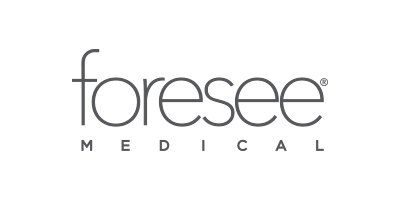

ForeSee Medical, Inc. services
Medicare Risk Adjustment Services
Medicare risk adjustment is a process that Medicare uses to pay health plans. Medicare pays health plans based on the number of Medicare beneficiaries enrolled in the plan, and the risk scores of those beneficiaries. Medicare risk scores are calculated using a formula that takes into account many different factors, including age, sex, race, health status, and use of Medicare services. Medicare risk adjustment is designed to ensure that Medicare pays health plans fairly, and that plans are not unfairly penalized for enrolling sicker beneficiaries. Medicare risk adjustment is also intended to encourage health plans to enroll beneficiaries of all types, including those with chronic illnesses and those who are likely to need more expensive care.
Algorithm Medical Definition Services
Medical algorithms are mathematical models used to make decisions in the field of medicine. These algorithms take into account a variety of factors, including patient symptoms, medical history, and test results. They are used to support decision-making in a wide range of areas, including diagnosis, treatment planning, and clinical research. Medical algorithms can be based on statistical methods, machine learning, or other artificial intelligence techniques. Most practitioners use only a small segment of algorithm medicine routinely. However, there is a growing need for algorithms in healthcare as the volume of medical data increases.
Clinical Decision Support Services
The purpose of a clinical decision support system (CDSS) is to improve healthcare delivery by enhancing medical decisions with focused clinical knowledge, health data, and other patient information. Traditional clinical decision support (CDS) consists of clinical decision support tools designed to aid clinical decision making, in which the conditions of an individual patient are processed against a digital clinical knowledge base and recommendations, specific to the patient, are then given to the clinician for review.
Value-Based Care Services
The healthcare delivery model within which providers, hospitals and physicians receive payments based on patient health outcomes is understood as value-based healthcare. But what is value-based care, and what does it mean? Under value-based care parameters also known as CMS pay for performance, providers are compensated for helping patients enhance their health, reduce the effects and occurrences of chronic disease, and show evidence that their patients are living healthier lives. Value-based care is different from the standard fee-for-service model in that providers are paid in part, or completely, based on the financial value of the healthcare services they provide.
Predictive Analytics in Healthcare Services
While healthcare data companies develop additional complex analytics technologies, personalized healthcare organizations are moving from ordinary analytics towards an area of predictive health insights to better understand current challenges and potential outcomes. Rather than just being presented information from previous events to an end user, healthcare predictive analytics approximate the probability of a conclusion based on key discoveries in the historical data - a massive step forward in performance for many personalized health organizations. This allows clinicians, financial analysts, and administrative personnel to get a “heads up” about possible circumstances before they happen, and make forward thinking decisions about how to continue.
